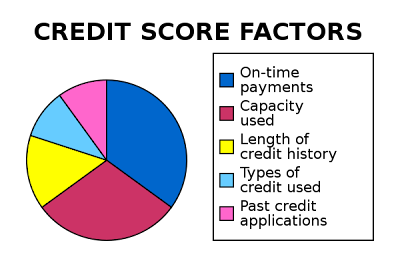 Low docs are specially implemented for those who are unemployed. This will still require an application in writing and to sign a loan agreement. The only difference it has from other home loans is that you don’t need to provide and evidence of your income. Instead, you just have to sign a declaration regarding your income and your ability to meet the payments. This process is called “self-certification”. And that you have met your lender’s requirements, you won’t need to report your financial statements as well as tax returns.
Low docs are specially implemented for those who are unemployed. This will still require an application in writing and to sign a loan agreement. The only difference it has from other home loans is that you don’t need to provide and evidence of your income. Instead, you just have to sign a declaration regarding your income and your ability to meet the payments. This process is called “self-certification”. And that you have met your lender’s requirements, you won’t need to report your financial statements as well as tax returns.Most lenders particularly in Melbourne, Australia allow borrowers to apply for low doc home loans whether in refinancing your home or buy property for investment purposes. Moreover, if you have been in the same business for at least two years, lenders will allow you to use the funds for the following:
- Buy a business
- Fund for business expansion
- Purchase plant
- Buy equipment, fixtures, fittings, machinery or cars; or
- Refinancing a business loan
What’s makes this good news is that it is absolutely a cheaper alternative to bank overdraft or secure business loan.
 Low doc loans actually have the same features as a standard home loan. For one, low doc loans also offers choices to borrowers whether they prefer variable or fixed rate options. In addition, it also has features that standard home loans have such as offset facility and redraw.
Low doc loans actually have the same features as a standard home loan. For one, low doc loans also offers choices to borrowers whether they prefer variable or fixed rate options. In addition, it also has features that standard home loans have such as offset facility and redraw.Furthermore, low doc loans are a bit more risky than of the standard home loans. One needs to fully meet the requirements of the lender. Another difference of low doc loans from the latter is you typically have to deposit a larger amount than you should have with standard home loans.
One of the requirements for low doc loans is an ABN and that you have been in the same business for at least two years. But if you still have many questions about this loan and of you are not quite sure if you would ever qualify, just contact your lender.
Related searches
- CBA Low Doc Loans - How to Get a Loan Without Submitting a Lot of Papers
- Are Low Doc Loans Right For You Or Your Business?
- Low Doc Refinance Loan Will Help You Better Manage Your Mortgage Repayments
- Borrowing money tips for the self employed
- Lenders mortgage insurance





